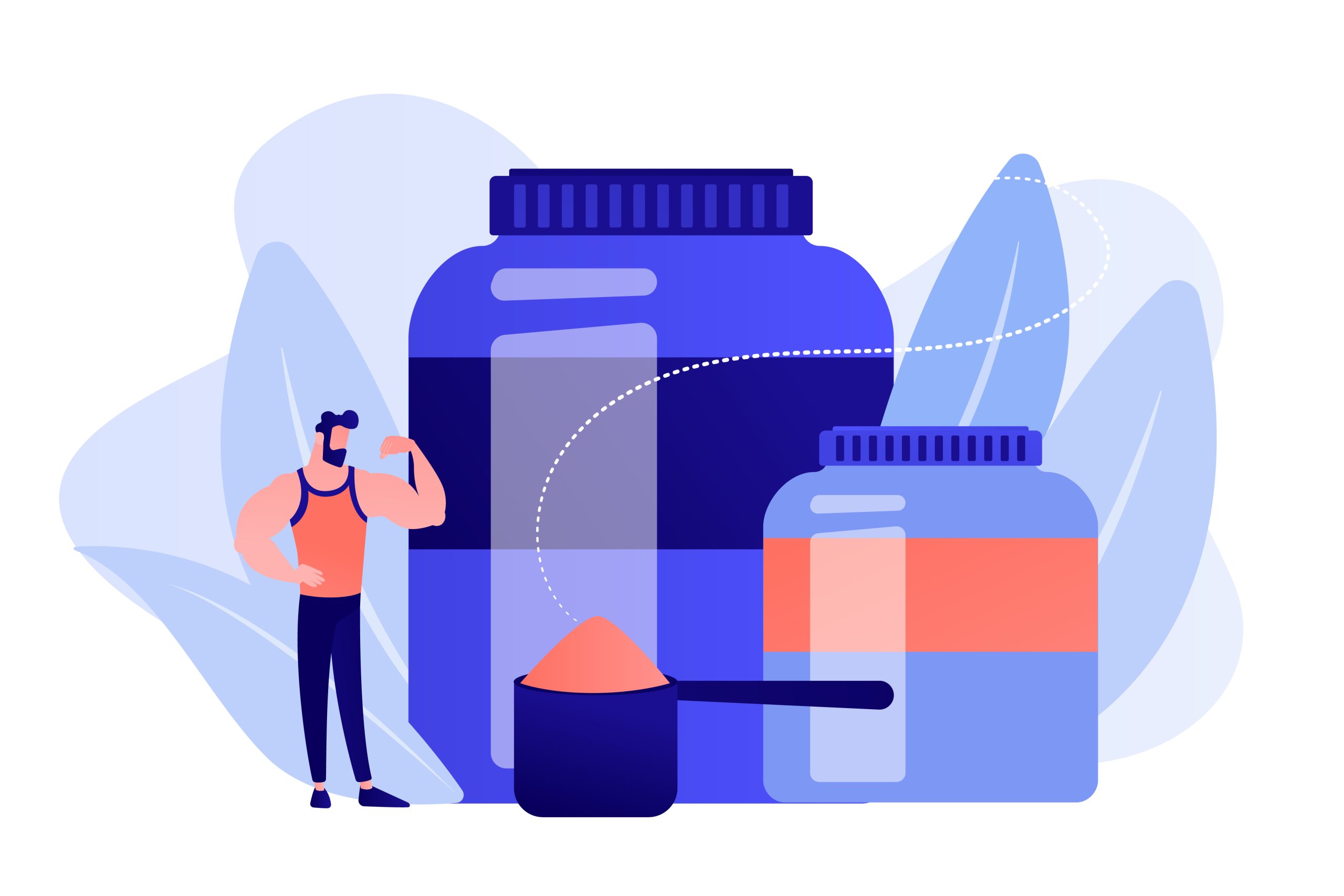
Supplements are products that contain nutrients, such as vitamins, minerals, amino acids, and herbs, that are intended to supplement the diet. They come in various forms, including pills, capsules, powders, and liquids, and are widely available in health food stores, pharmacies, and online.
While supplements can provide nutrients that may be lacking in one’s diet, their use should be approached with caution. Here are some things to consider:
Consult a healthcare professional: Before taking any supplement, it is recommended to consult with a healthcare professional, such as a doctor or a registered dietitian. They can help determine if a supplement is necessary, safe, and appropriate for one’s individual needs.
Consider one’s diet: The best way to obtain nutrients is through a healthy, balanced diet that includes a variety of foods. Supplements should not be used as a substitute for a poor diet, and in some cases, excessive supplementation can lead to adverse effects.
Be aware of potential risks: Some supplements can interact with prescription medications or have negative effects on certain medical conditions. For example, high doses of vitamin A can be toxic, and excessive iron supplementation can be dangerous for those with hemochromatosis.
Choose reputable brands: Not all supplements are created equal, and some may contain contaminants or inaccurate labelling. Look for supplements that have been tested and certified by third-party organizations, such as NSF International or US Pharmacopeia.
In conclusion, supplements may be beneficial for some individuals, but they should not be used as a substitute for a healthy diet and lifestyle. It is essential to consult with a healthcare professional and choose reputable brands to ensure safety and effectiveness.
For more such articles, visit https://blog.phleboindia.com/
Refs-
Stay updated with your health, and book a lab test with PhleboIndia today.
Download our app here:
Android app – http://bit.ly/3XRsXzt
IOS app – https://apple.co/3wqJf6I

